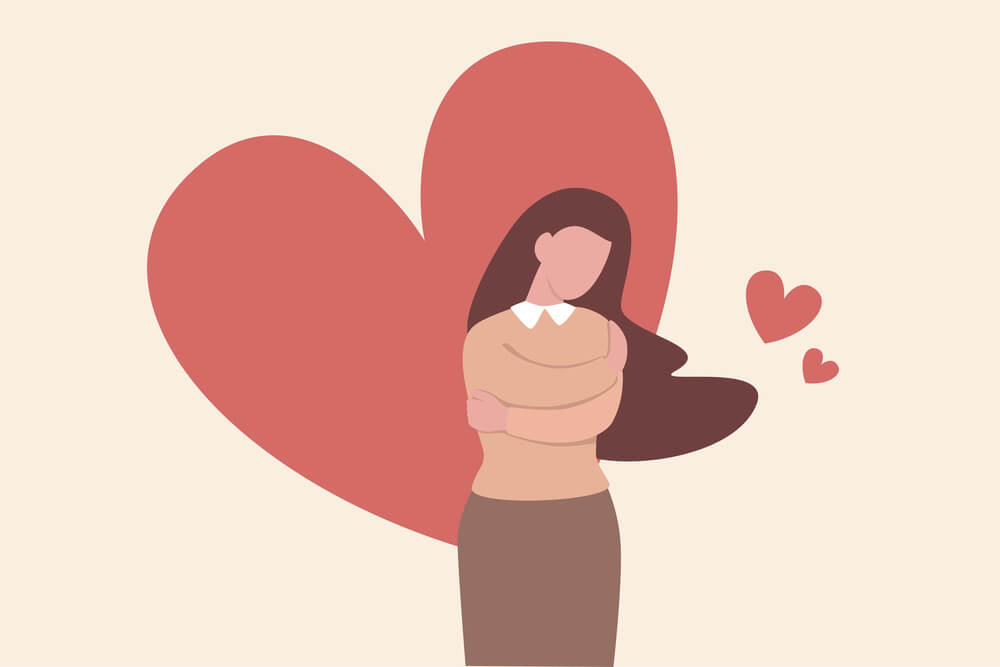
The most frequent concern I’m hearing from clients right now is that they’re overwhelmed. Not just from work pressures or family commitments or financial stress (all very prevalent in the holiday season), but even the things they turn to for connection, recreation, and entertainment. They’re inundated by choices, from which social media platform to open and what to click on, to which streaming service to use and what to watch when they get there.
We’re all faced with messages of more—you need to do more, be more, have more, buy more, and be more like them. How can we free ourselves from this pressure, and soothe the overwhelm? How can we learn to embrace the idea of less or just enough?
You might be tempted to drop things from your schedule, say no to every invitation, or even hide out from the holidays completely. Instead, highlight what is absolutely necessary for your health, your relationships, and your responsibilities. Then see what you can delegate, outsource, or let go of. Give yourself permission to feel the relief of lightening your load.
Once you have lightened your load a bit, it is imperative you find a handful of relaxation tools that work for you. Here are seven evidence-based tools I use and share with clients:
- The physiological sigh.
- Yoga mountain pose. When you do this with power, it is very grounding.
- Eye movements you’ve learned in Accelerated Resolution Therapy. If you haven’t tried it yet, I’m a certified master ART® practitioner and here to help, or I can point you to a nationwide directory of highly qualified colleagues.
- Mindful breathing (closing the eyes and observing the breath).
- Helping someone else. This may sound overwhelming in itself, however, it takes us out of our overwhelm.
- Journal. Write a list, write a thank you note, or try stream of consciousness writing.
- Paint. There’s no need for talent here, just play with color.
Here are some things to not do, or stop doing:
- Don’t isolate. Find ways to connect with supportive people—even when you are low on energy. It just may lift you up.
- Don’t overthink. As a therapist, I’m fully aware this is easier said than done. Begin by simply observing your thoughts.
- Don’t beat yourself up. Let go of criticism for a few scheduled hours in the day, and tap into self-compassion.
- Don’t assume you don’t have time for therapy. Most of us work virtually now, so there’s no travel time or waiting room.
Here’s one more thing not to do. Don’t wait until you’re already in the middle of what feels like crisis mode to try these tools. If you practice them over and over, before you need them, you may not even get to that escalated state of overload and overwhelm. But if you do, the tools will already be a part of you, and using them will be second nature.
